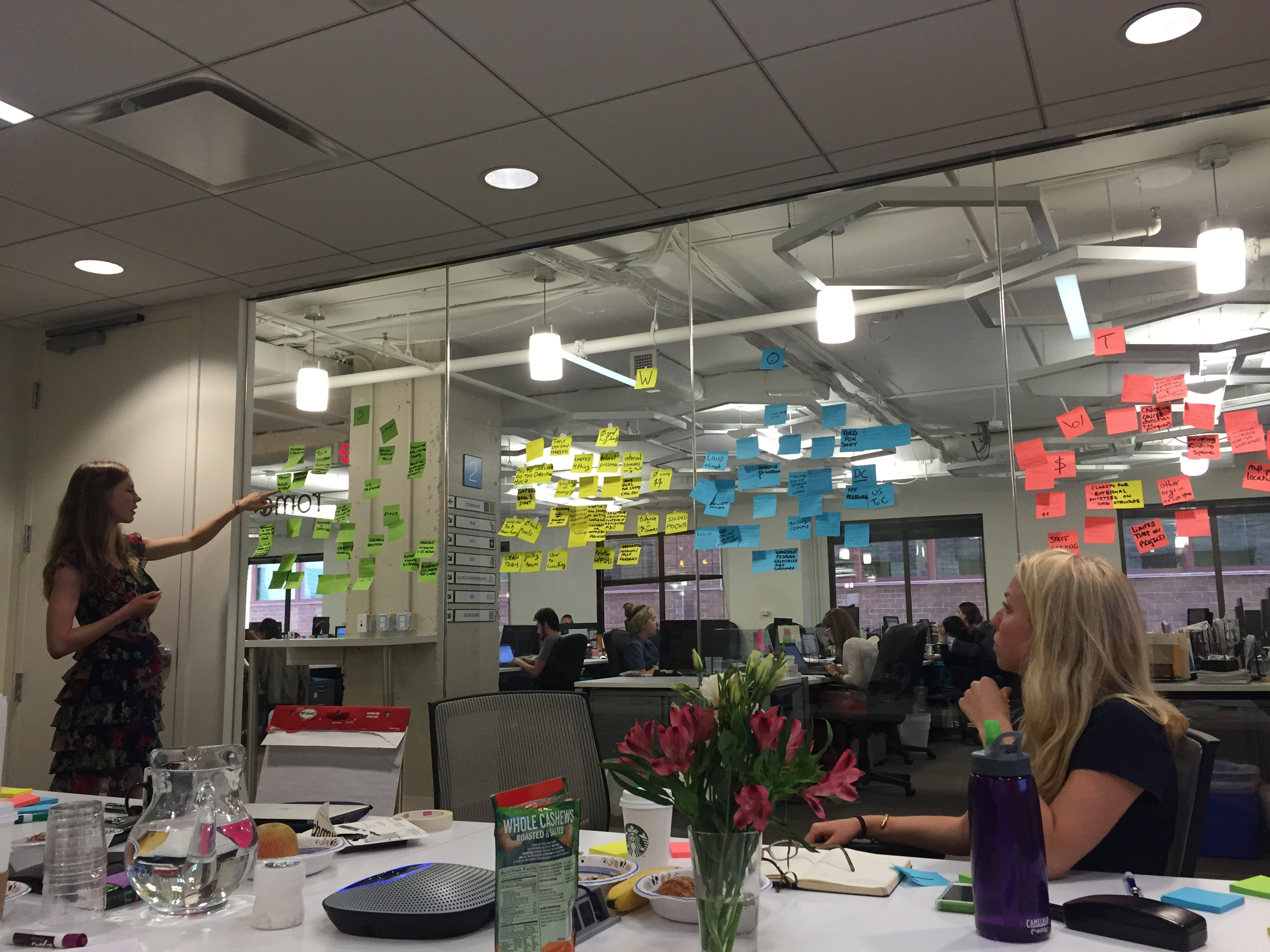SIMLab's framework for monitoring and evaluating inclusive technologies in social change projects
3
minute read
(PDF)
 SIMLab staff workshop indicators to evaluate
SIMLab staff workshop indicators to evaluate
Quicklink to the editable Framework document!
The use of inclusive technologies in development and social change is maturing, and should move beyond pilots and prototypes to longer-term interventions, grounded in existing learning and best practice, with more rigorous evaluations that specifically review the contribution that inclusive technologies make to our work. To date, robust evidence of the contribution that inclusive technologies make has emanated more from research than from project-level M&E.
Pressure is growing to bring this evidence to bear, and to move beyond continually re-committing the same mistakes. We have seen a new effort to consolidate best practice, establish measures of impact for programming that include the contributions of newer kinds of technology components, and focus energy on new boundaries of scale and effectiveness. This can be seen in the Principles for Digital Development, as well as sector-specific efforts like DFID’s Conflict, Crime and Violence Results Initiative, which offers a series of papers and guides on good practice in security and justice issues (see Bibliography for more information on these resources).
Accordingly, more emphasis needs to be given to: how well a particular channel, tool, or platform works in a given scenario; how it contributes to development goals in combination with other channels and tools; how the team selected and deployed it; and whether it is a better choice than not using technology or using a different sort of technology. This doesn’t mean that M&E tools, guidelines, and systems that are used for other scenarios are not relevant to inclusive technologies. Rather, there are additional considerations, and particularly relevant approaches, that we propose might be helpful to consider in constructing an M&E plan.
SIMLab’s Framework for monitoring and evaluating inclusive technologies in social change projects aims to offer guidance on how to tease out the contribution tech makes to social change outcomes in a project. As with all our learning and best practice resources, the Framework is shared publicly for others to read, refer to and use as they find helpful; for external review, and as a contribution to the thinking of the wider sector. It’s out for consultation in November 2017 and we’d welcome your feedback and comments!
We gratefully recognize that this work was made possible by support from the UK Department of International Development and the Hewlett Foundation, and are grateful to DIAL for supporting us to finalize it in 2017.
Review the Google Doc here.
About SIMLab
Social Impact Lab (SIMLab) helps people and organizations to use inclusive technologies to build systems and services that are accessible, responsive, and resilient. Until December 2014, SIMLab was the home of the FrontlineSMS project, a suite of software that helps organizations build services with text messages. FrontlineSMS has now spun out as a separate, for-profit social enterprise, and SIMLab continues to focus on solving many of the challenges of implementing projects using inclusive technologies. We support implementation, the sharing of learning and synthesis of best practice, and advocate to decision-makers and donors for policy-level change.
In 2017, the SIMLab Board voted to transition SIMLab to minimal operations and pay off our liabilities, preparatory to closing in late 2017 or early 2018. If you like our work and want to help us pay our staff, please give what you can. It’s tax deductible in the US!